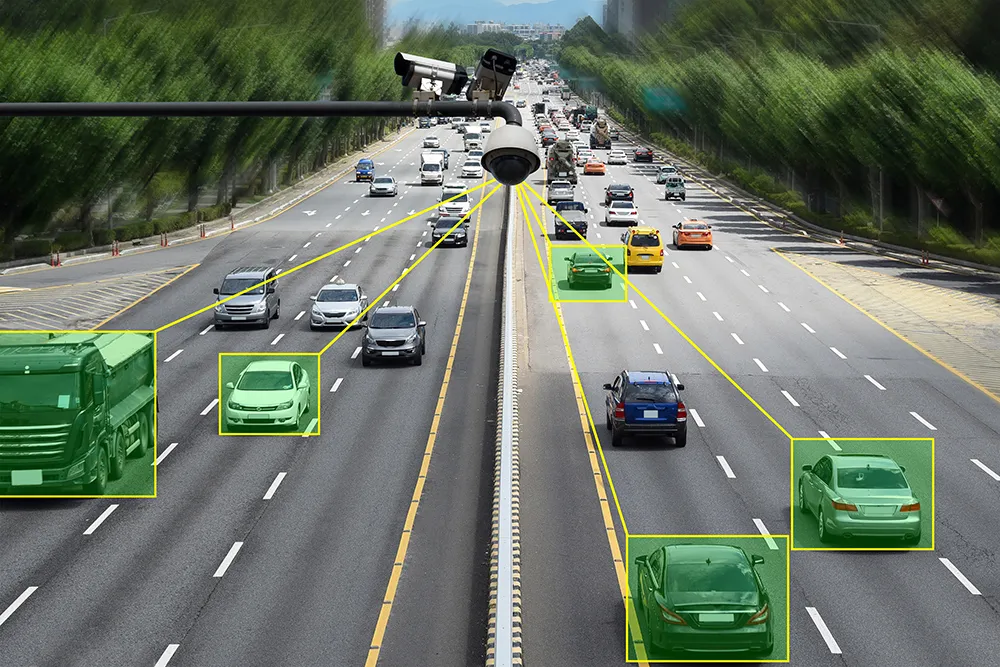The U-blox 6 GPS receiver platform has been upgraded to provide improved sensitivity, significantly lower power consumption, improved antijamming performance, jamming detection and shorter Time To First Fix (TTFF). Most importantly, the company says the new firmware delivers improved tracking sensitivity down to -162dBm with enhanced acquisition and re-acquisition sensitivity. U-blox claims that not only does this make the chip one of the most sensitive receivers on the market, but GPS can now deliver posit
January 23, 2012
Read time: 1 min

The 602 U-Blox 6 GPS receiver platform has been upgraded to provide improved sensitivity, significantly lower power consumption, improved antijamming performance, jamming detection and shorter Time To First Fix (TTFF). Most importantly, the company says the new firmware delivers improved tracking sensitivity down to -162dBm with enhanced acquisition and re-acquisition sensitivity. U-blox claims that not only does this make the chip one of the most sensitive receivers on the market, but GPS can now deliver positioning information in deep indoor situations as never before.








